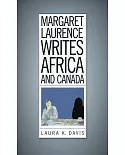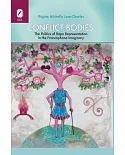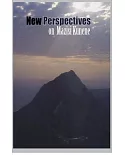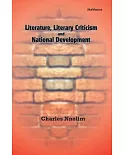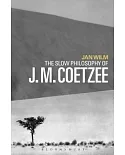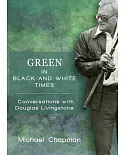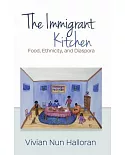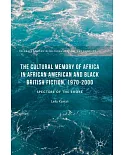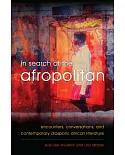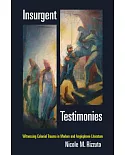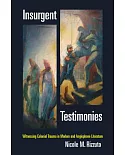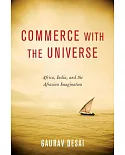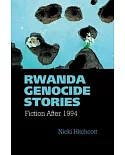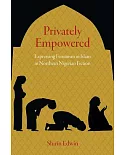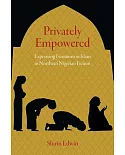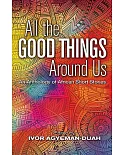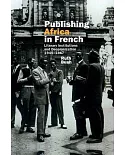"Studies of African literature on migration have gone astray by failing to take account of gender in the diverging relationship between the individual and the home. Ayo A. Coly brings
contemporary theory back to the individual and her nation with sophisticated analyses of works by Bugul, Beyala, and Diome."---Thomas A. Hale, Pennsylvania State University
"The Pull of Postcolonial Nationhood takes up what Ayo Coly views as the problematic pattern of `celebratory insistence on disjunctures' in contemporary theorizing through which we read and
consider identitites, texts, and culture arising in Africa, as in other postcolonial worlds. The other side of that coin is the denigration of home, which, for postcolonial theory, is
associated with stasis, comfort, lack of desire and questioning, and an absence of engagement with others across boundaries.
Highlighting the way in which gender informs Francophone African exile and immigrant literary traditions, this rich and compelling study on ongoing attachment to home in the era of global
nomadism is an important---indeed, critical---challenge to the migritude paradigm."---Eileen Julien, Indiana University
While the male dominated Francophone African migrant literary tradition includes women writers, there is no study that attends to this subgroup of writers. The Pull of Postcolonial Nationhood:
Gender and Migration in Francophone African Literatures pioneers the study of these writers as a category through an examination of three major women who exemplify the Francophone African
female migrant literary tradition: Ken Bugul, Calixthe Beyala, and Fatou Diome. By studying these women together, Ayo A. Coly innovatively introduces gender into prevailing theories of
Francophone African migrant liteatures. These theories, in line with the current surge of postnationalism in cultural criticism, claim that questions of home and nationhood are obsolete for the
present generation of Francophone African migrant writers, but this book shows that the opposite is true in the texts of these writers. Coly is thus able to demonstrate how claims of
postnationalism are often skewed by gender-blind understandings of nationalism, namely a failure to consider that women have traditionally been the sites for discourses and practices of
nationalism. Amid the negative currency of home and nation in contemporary cultural criticism, including post-colonial criticism, this book contends that home remains a politically,
ideologically, and emotionally loaded matter for postcolonial subjects.


